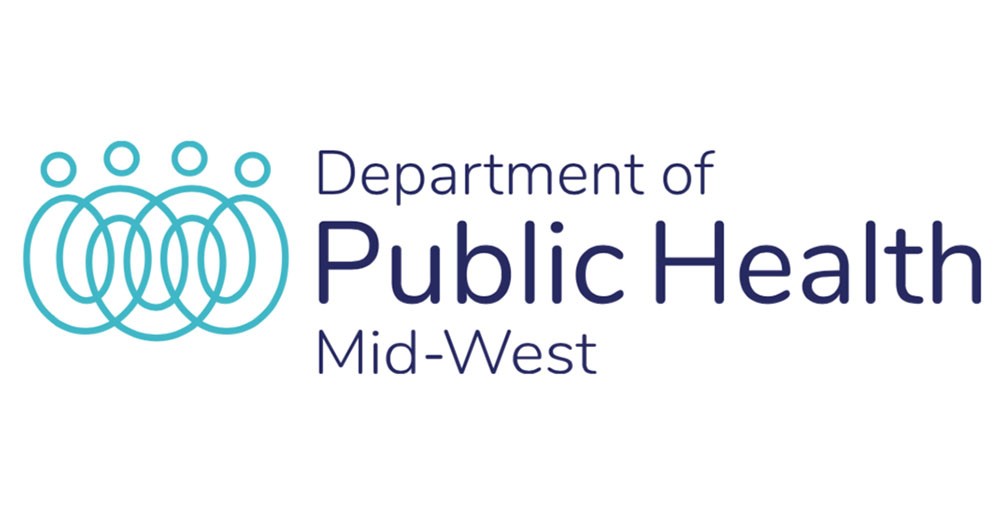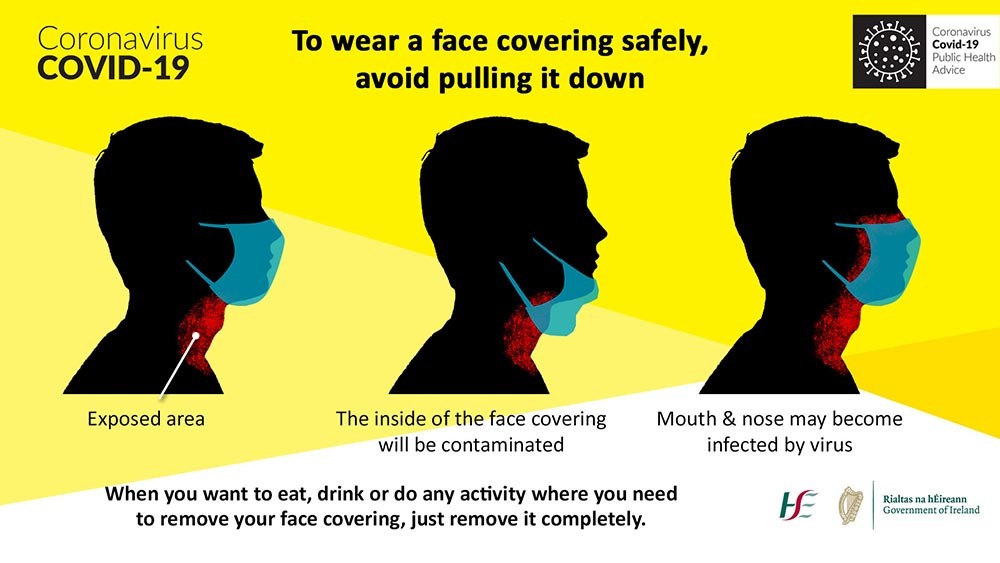
The Department of Public Health Mid-West is urging people in Clare to continue exercising caution, to remain outdoors for social activity and to avoid indoor gatherings in line with Public Health guidelines.
In the 14 days leading up to June 29th, Public Health Mid-West has recorded 440 COVID-19 cases in the Mid-West of which 80 were in Clare.
While the two-week incidence rate has decreased since the start of June, the number of infections in the community remains too high for the population to relax efforts to contain the spread of this virus.
We note that this week marks the end of the Leaving Certificate examinations, and we would like thank the secondary school community and families for ensuring students were not exposed to risk of infection. Our department recorded a very small number of cases among Leaving Cert students since examinations started. We continue to encourage young people to enjoy their summer recess safely and to adhere to Public Health guidelines.
Our department remains busy managing COVID-19 in workplaces in Limerick and Clare. We are currently investigating COVID-19 situations in 11 workplaces, involving 94 cases and an estimated 52 close contacts.
We are seeing noticeable improvements in workplace measures that are evidently reducing the impact of COVID-19. For example, some workplaces that have pod systems and are adequately rostering staff to work in pods have significantly reduced their risk of transmission of infection in the workplace. Keeping a consistent roster, with no overlaps in shifts, in addition to social distancing, mask wearing and ventilation, allows businesses to reduce the spread of infection in the event of a confirmed case in the workplace. Workplaces are also encouraged to facilitate employees to attend for COVID vaccination appointments. Having employees fully vaccinated considerably reduces the risk of COVID outbreaks in workplaces.

We continue to encounter difficulties throughout the contact tracing process, where some people are not fully disclosing their close contacts or activities. This limits the ability to implement Public Health control measures. We also encounter instances where some people are not restricting their movements while awaiting the results of their PCR test. This can and will lead to onward transmission and outbreaks.
People who are close contacts should restrict their movements until they have a negative test (COVID not detected) which was taken at least 10 days after their last contact with a case.
Dr Rose Fitzgerald, Specialist in Public Health Medicine, said: “Though we are in a much stronger position now than we were four weeks ago, we remain concerned about the possibility of cases rising to uncomfortable levels if the public drops its guard. Our priority right now is to minimise infections in the community, to help businesses avoid outbreaks or clusters so there is little to no disruption during the busy summer period and to allow a greater proportion of the population to be vaccinated.”
